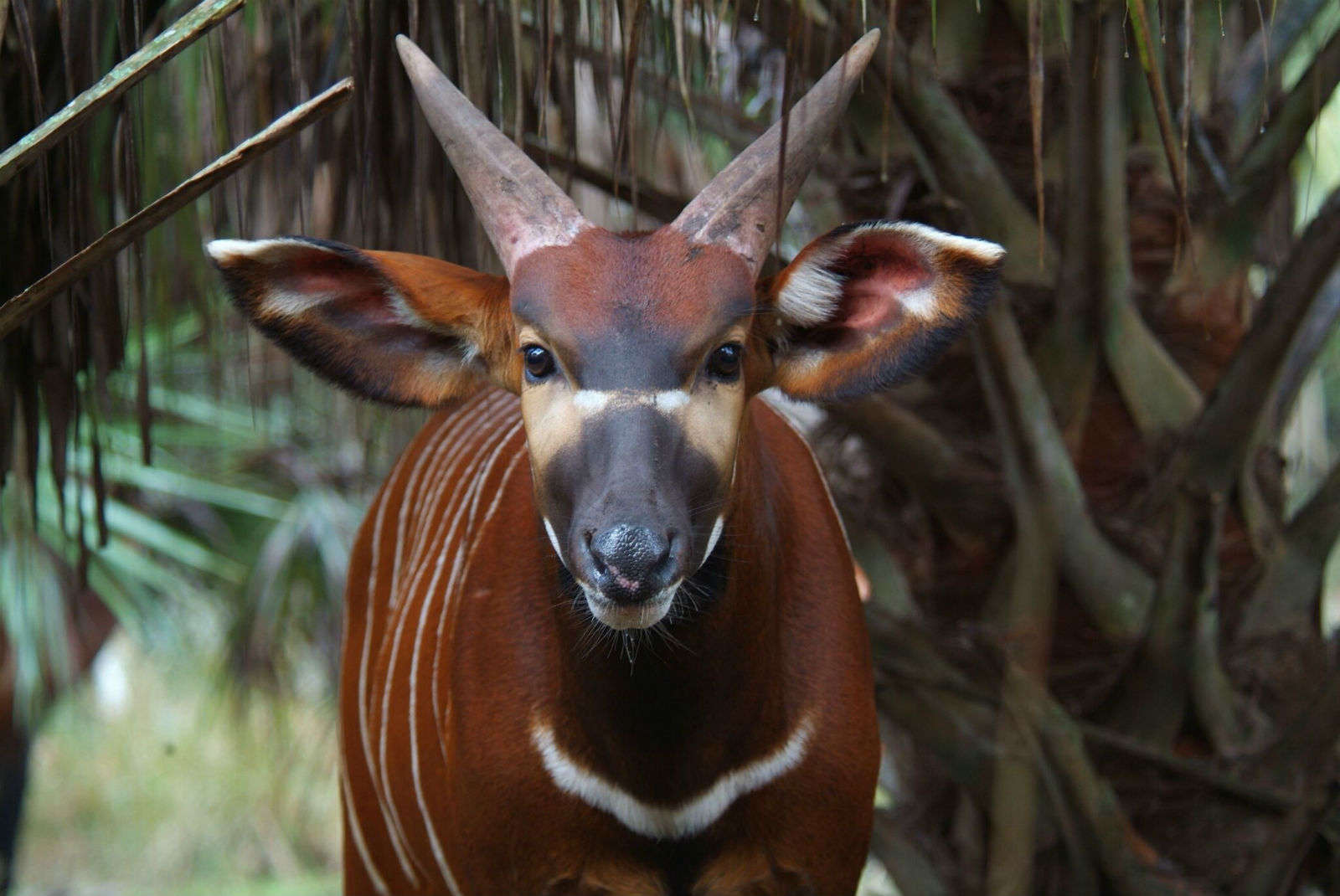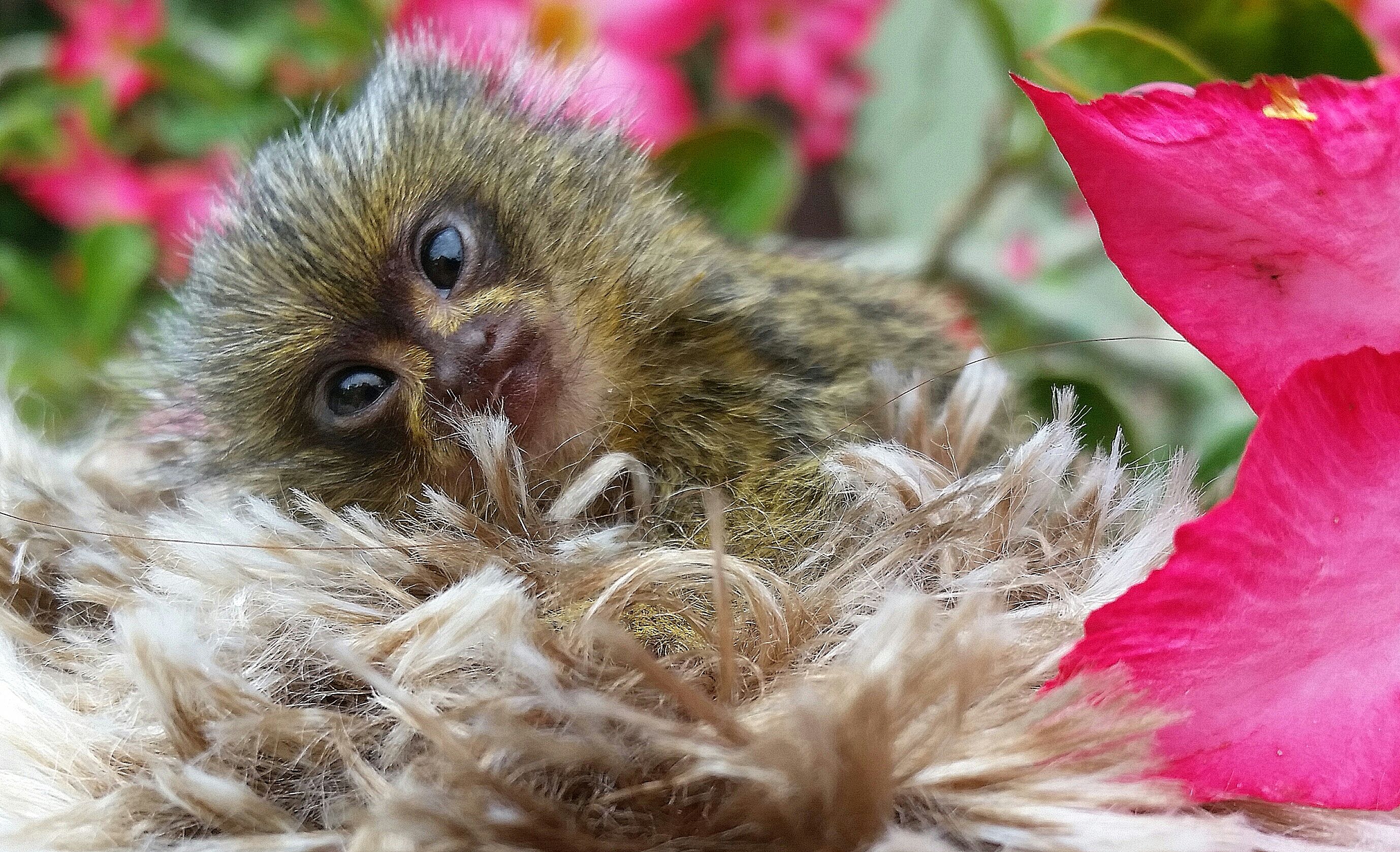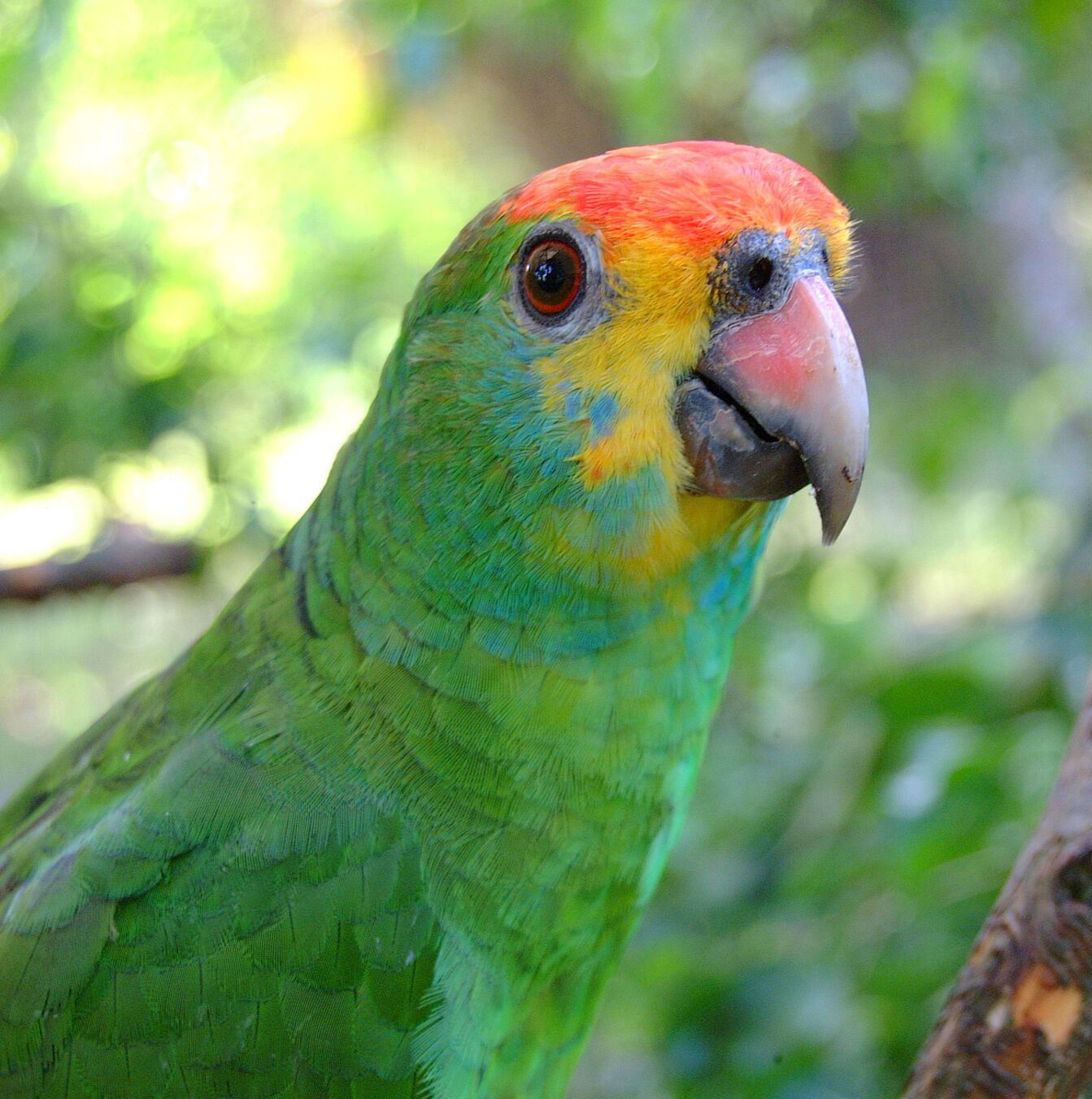The Institute of Environment’s Tropical Conservation Institute (TCI) invites FIU students interested in wildlife conservation to participate in its Conservation Internship Program at the Rare Species Conservatory Foundation (RSCF) in Loxahatchee, Florida. RSCF is dedicated to preserving biodiversity through hands-on conservation programs rooted in sound science. They employ the "Flagship Species" concept to identify and conserve high profile, priority species in order to leverage protection for the ecosystems they represent. Selected students will have the opportunity to participate in various ongoing conservation projects, receive hands-on training by conservation practitioners and work with an array of rare or endangered species.

Who Is This Internship For?
This is a hands-on, conservation-focus internship suitable for aspiring conservationists eager to get their hands dirty, and able to travel to Loxahatchee, Fl, by their own means. Students should have a strong interest in wildlife conservation, have basic knowledge of ecological research principles and procedures, and be willing to do physically demanding outdoor work in harsh conditions. Students must be self-motivated and open to assist in all research and work-related duties. Previous experience doing field-work is a plus. FIU is an equal opportunity employer, we therefore encourage underrepresented groups in STEM fields to apply.

- Only available to students able to reach Loxahatchee, FL, by their own means (~90mins from Miami)
- Open to Juniors and Seniors enrolled in FIU's
- 20hrs/week
- Students can choose to do the internship for 0 to 9 credits
- Non-remunerated
- Accommodation available on site; food is not provided
Available Projects
- Pygmy Marmoset Husbandry & Behavior: One of the world’s smallest primates, the pygmy marmoset is threatened by habitat loss and illegal trade throughout its entire native range in South America. RSCF has maintained North America’s largest pygmy colony for over 25yrs and has thousands of hrs. of footage of their behavior and social lives. Students involved in this program will participate in various husbandry and monitoring activities, which include preparing and delivering pygmy marmoset diets and enrichment, placing and retrieving camera traps, viewing, scoring and editing videos to study social structure and behavior within family groups, among other activities.
- Red Browed Amazon Parrot Husbandry, Ecology & Trade: Habitat loss and illegal trade led the Red browed Amazon parrot to become South America’s most endangered Amazon parrot. RSCF has been working with the endangered Red-brow for over 20 years and currently holds the only known breeding group in North America. This species is a top priority for long-term captive breeding and management, from which a sustainable in-siturecovery effort is evolving. Students involved in this program will participate in various husbandry and monitoring activities (e.g., preparing and delivering parrot diets and enrichment, enclosure maintenance, placing and retrieving camera traps, viewing, scoring and editing videos to study behavior) and can choose from different ecology and conservation projects to work on. Potential projects include (1) creating a historical narrative of Red-brows in captivity using historical data and founder captive population information/identification, (2) discussing and creating a narrative addressing how illegal parrot trade directly impacts captive parrot conservation efforts both in situ and ex situ, (3) evaluating the role of zoological/animal facilities in addressing issues related to trade, (4) evaluating the role of these facilities in educating the public about trade and impacts on conservation programming.
- Mountain Bongo Antelope Behavior & Social Structure: Native to Kenya, the Mountain Bongo is one the world’s most endangered antelopes. Habitat loss and poaching has led to a wild population of less than 100 animals. RSCF has successfully achieved exponential growth of a captive population of over 50 individuals, and has spearheaded the repatriation of bongo as part of Kenya’s national recovery program. Students involved in this program will participate in various husbandry and monitoring activities. These include preparing and delivering bongo diets, placing and retrieving camera traps, viewing, scoring and editing videos to study behavior, among other activities.
- Wildlife Conservation Medicine: Rare Species Conservatory Foundation has a veterinary clinic where resident animals are treated and more complex studies on wildlife medicine are regularly performed. Students involved in this project will participate in various wildlife medicine activities, including parasite detection and monitoring across spp. (i.e., flotation analysis), gut-flora studies (e.g., gram stains) and other practical conservation activities.
- Plant Culture & Invasive Species Management/ Eradication: Rare Species Conservatory Foundation is located in Loxahatchee, Florida, an area rich in plant species of high conservation value, as well as several invasive species. Students involved in this project will search, identify and work with various high value plants, and manage/eradicate invasive species by, for example, using tobacco mosaic virus to control tropical soda apple.
How to Apply
This position is clossed for the Summer semester. If you're interested in joining us as an intern for the Fall or Spring semester, or if you have any questions or concerns, please contact tci@fiu.edu.

Contact
Cristina M Gomes, PhD
Assistant Director, Tropical Conservation Institute
tci@fiu.edu
